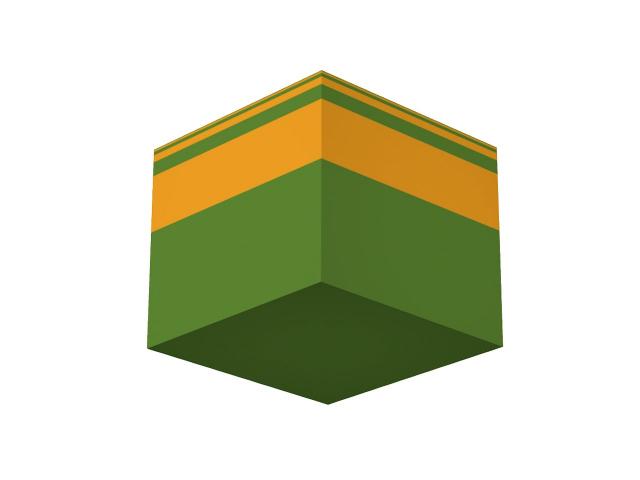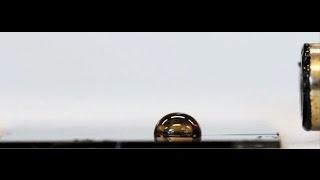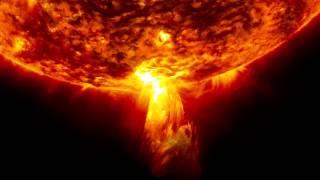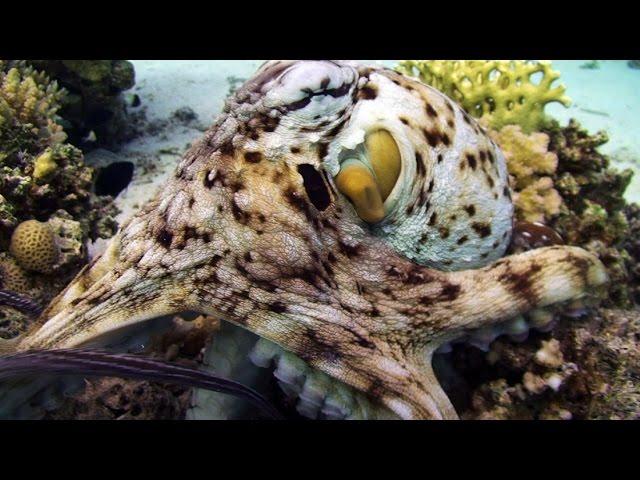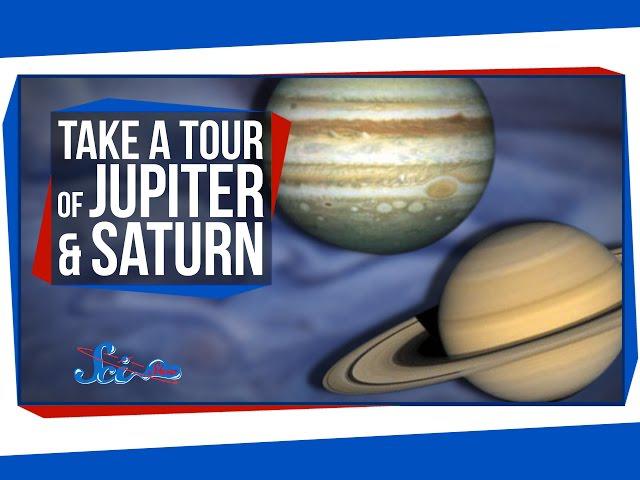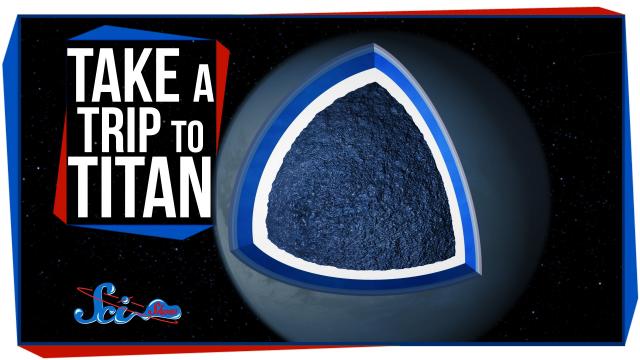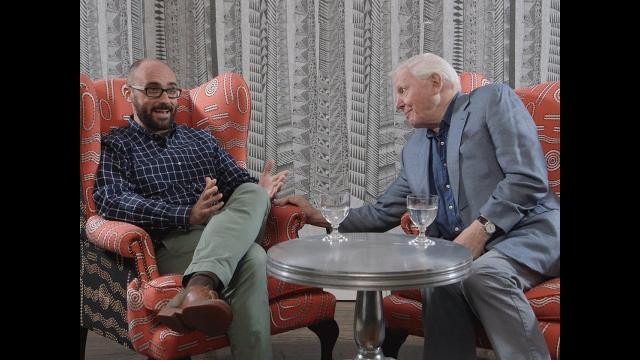Time Travel, Teleportation & Science
Time travel is the concept of moving between different points in time in a manner analogous to moving between different points in space, generally using a theoretical invention, namely a time machine. It has a commonly recognized place in philosophy and fiction, but has a very limited application in real world physics, such as in quantum mechanics or wormholes.
Although the 1895 novel The Time Machine by H. G. Wells was instrumental in moving the concept of time travel to the forefront of the public imagination, The Clock That Went Backward by Edward Page Mitchell was published in 1881 and involves a clock that allowed three men to travel backwards in time.[1][2] Non-technological forms of time travel had appeared in a number of earlier stories such as Charles Dickens' A Christmas Carol. Historically, the concept dates back to the early mythologies of Hinduism (such as the Mahabharata), Buddhism, and Islam through ancient folk tales. More recently, with advancing technology and a greater scientific understanding of the universe, the plausibility of time travel has been explored in greater detail by science fiction writers, philosophers, and physicists.
Teleportation, or Teletransportation, is the theoretical transfer of matter or energy from one point to another without traversing the physical space between them. It has a commonly recognized place in science fiction literature, film, and television, but as yet has a very limited application in real world physics, such as quantum teleportation or the study of wormholes.
Science (from Latin scientia, meaning "knowledge") is a systematic enterprise that builds and organizes knowledge in the form of testable explanations and predictions about the universe. In an older and closely related meaning, "science" also refers to a body of knowledge itself, of the type that can be rationally explained and reliably applied. A practitioner of science is known as a scientist.
In modern usage, "science" most often refers to a way of pursuing knowledge, not only the knowledge itself. It is also often restricted to those branches of study that seek to explain the phenomena of the material universe.
Source : Wikipedia
-
05:41
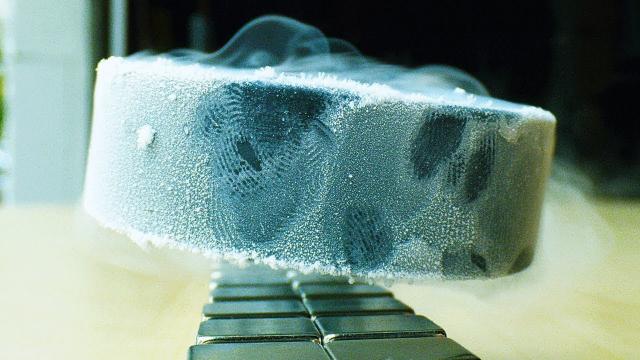
SUPERCONDUCTING MAGNETIC LEVITATION
Added 291 Views / 0 LikesSupport Vsauce3 and become a patron: http://patreon.com/vsauce3Thanks to Snowdrama and Pauline Atchoum for their patronage! twitter: http://twitter.com/vsaucethreeinstagram: http://instagr.am/jakerawrfacebook: http://facebook.com/vsauce3More Maglev info:I
-
01:31
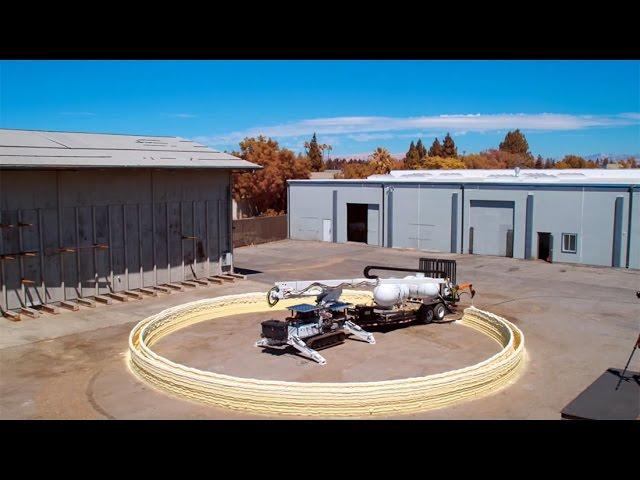
System can 3-D print an entire building
Added 577 Views / 0 LikesSystem can 3-D print an entire building
-
04:25
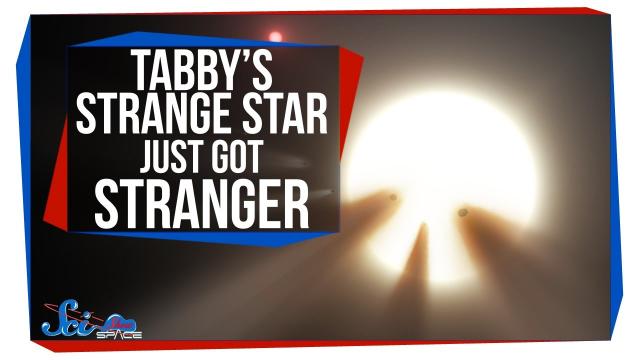
Tabby's Strange Star Just Got Stranger
Added 643 Views / 0 LikesTabby's Strange Star Just Got Stranger
-
02:33
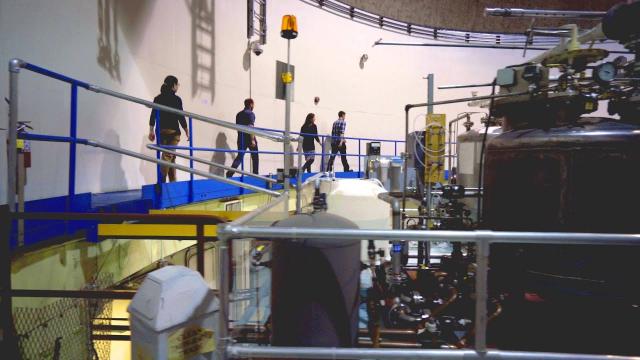
Tackling climate change with industry leaders
Added 228 Views / 0 LikesMIT Climate and Sustainability Consortium (MCSC) convenes an alliance of leaders from a broad range of industries and aims to vastly accelerate large-scale, real-world implementation of solutions to address the threat of climate change. (Learn more: https
-
15:34
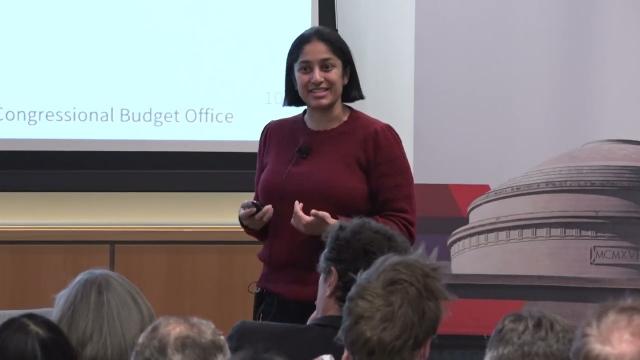
Tackling Climate Change with Machine Learning
Added 42 Views / 0 LikesProfessor Priya Donti of MIT’s EECS and LIDS, and co-founder and chair of Climate Change AI discusses the current landscape of machine learning’s impact on climate change.Watch more videos from MIT: http://www.youtube.com/user/MITNewsOffice?sub_confirmati
-
02:10
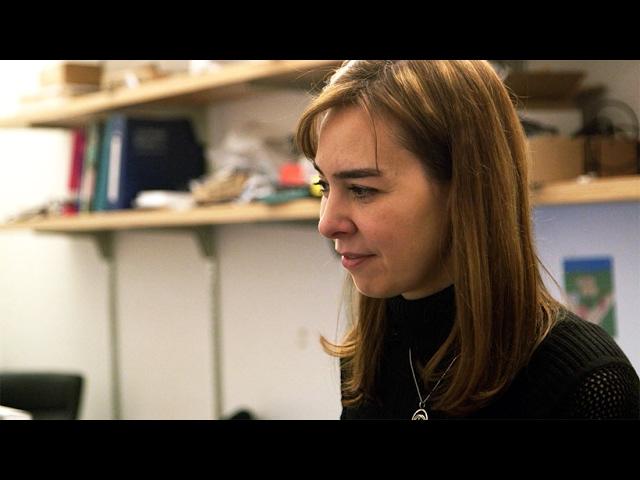
Tackling science and technology together
Added 500 Views / 0 LikesTackling science and technology together
-
06:20
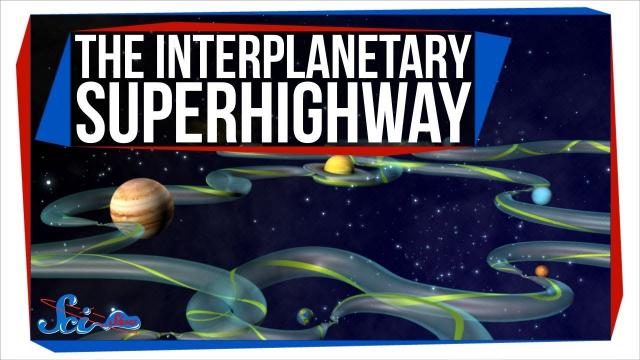
Take a Ride on the Interplanetary Superhighway
Added 323 Views / 0 LikesGo to https://Brilliant.org/SciShow to get 20% off of an annual premium subscription!Normal interplanetary travel uses lots of fuel, but taking advantage of some quirks of gravity can let us travel between planets using hardly any fuel at all. Hosted by:
-
1:34:49
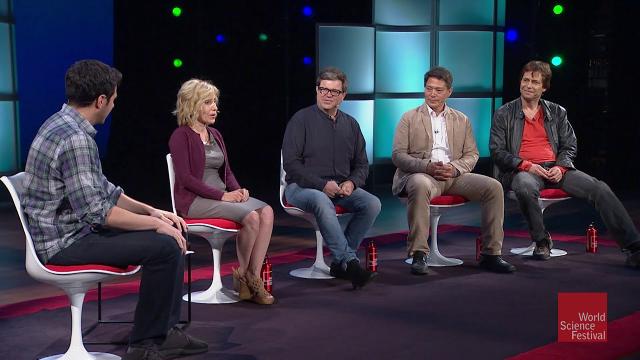
Teach Your Robots Well: Will Self-taught Robots Be The End Of Us?
Added 555 Views / 0 Likes“Success in creating effective A.I.,” said the late Stephen Hawking, “could be the biggest event in the history of our civilization. Or the worst. We just don’t know.” Elon Musk called A.I. “a fundamental risk to the existence of civilization.” Are we cre
-
1:13:54
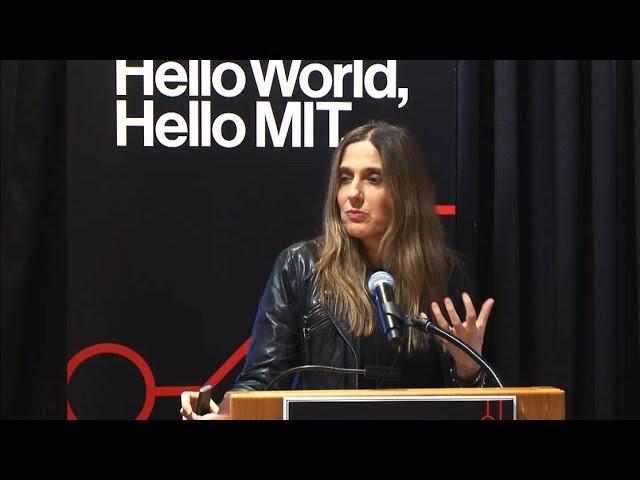
Teaching Computer Science to All
Added 332 Views / 0 LikesComputer scientists are responding to the growth of the field by finding ways to teach computer science broadly, across disciplines, across different stages of education, and across geographical boundaries. A panel of faculty from MIT and Simmons Universi
-
1:08:11
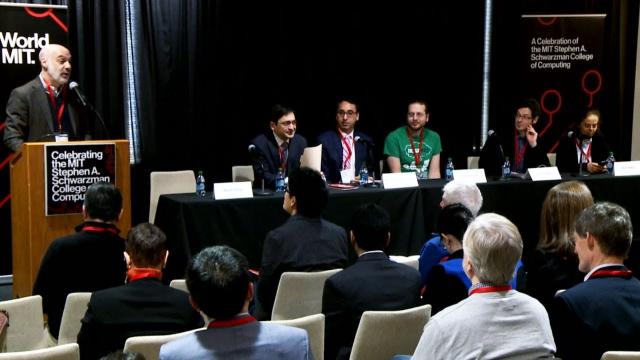
Teaching Computing in Arts and Humanities
Added 361 Views / 0 LikesComputing methods are becoming increasingly useful in many areas of humanities and arts. A panel of faculty from both MIT and Cornell University discuss incorporating computing into their teaching. Panel includes: Agustín Rayo, Associate Dean, MIT School
-
59:16
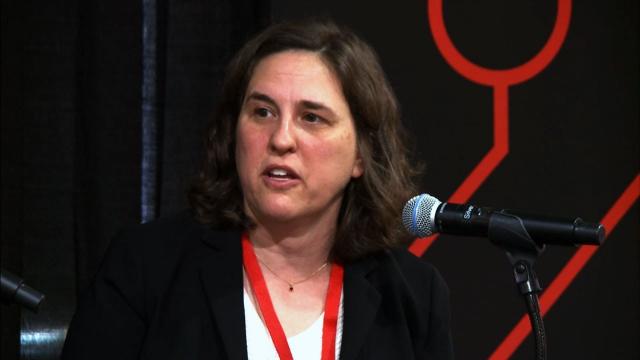
Teaching Computing in Science and Engineering
Added 360 Views / 0 LikesScience and engineering have been heavy users of computing power for a long time. More recently, computational thinking is having a bigger impact in foundational techniques and thinking. A panel of both faculty from MIT and elsewhere, along with professio
-
03:33

Telling stories with machines
Added 323 Views / 0 LikesJennifer Madiedo is using computational techniques to better understand how people (and machines) can learn through storytelling. Watch more videos from MIT: http://www.youtube.com/user/MITNewsOffice?sub_confirmation=1The Massachusetts Institute of Techno


